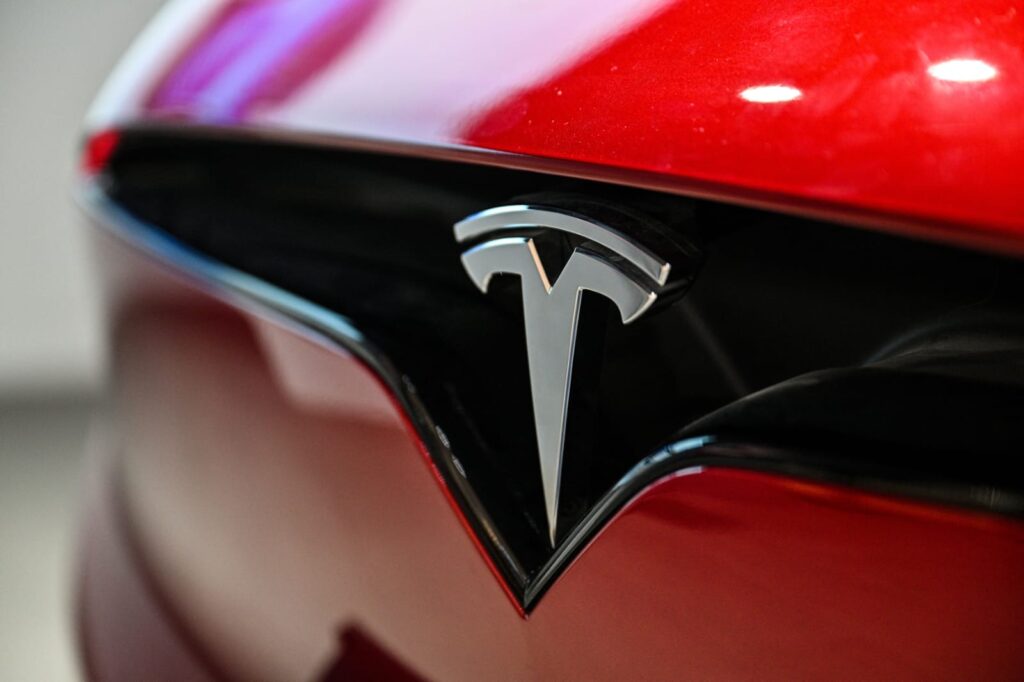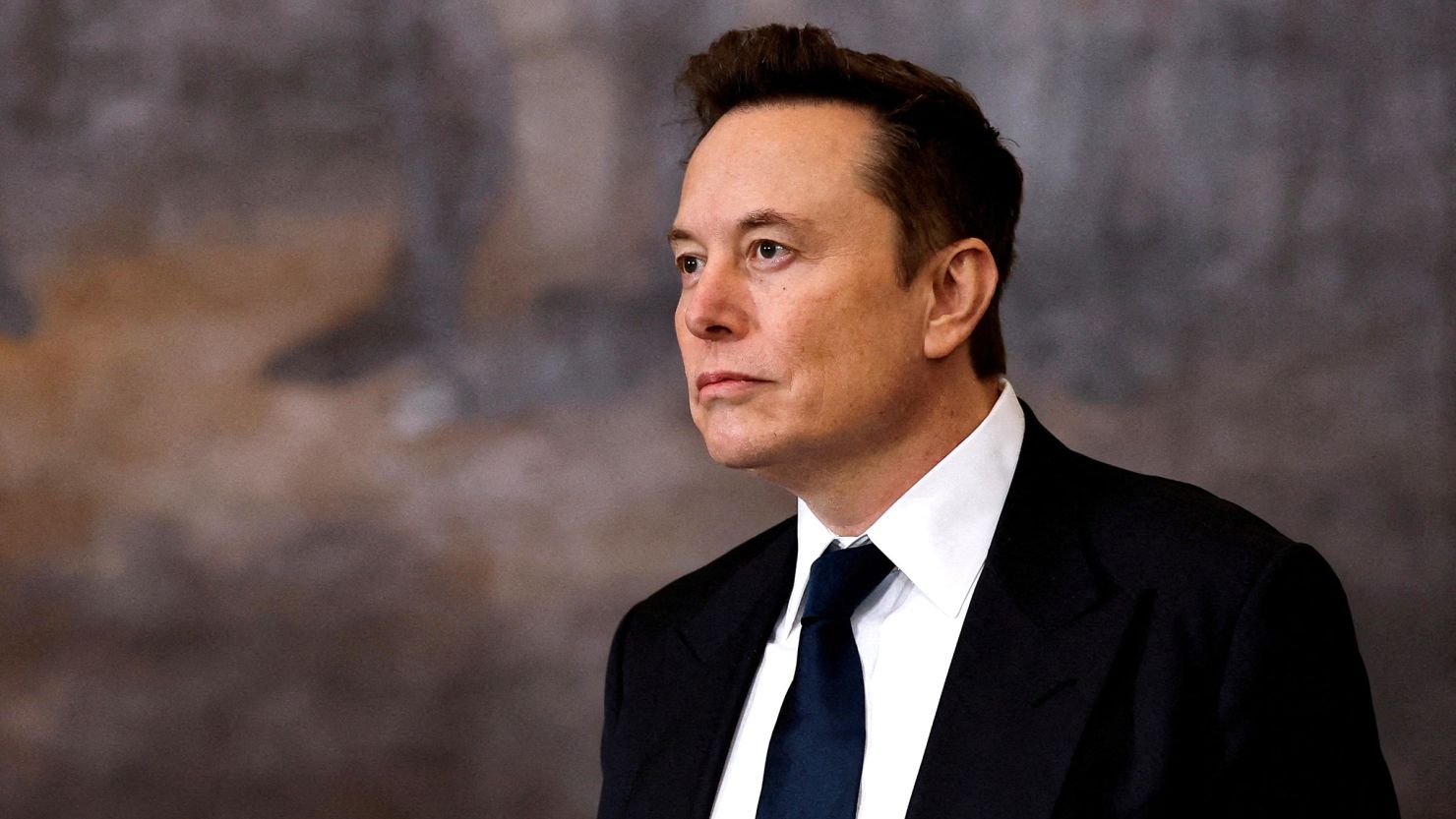Tesla’s Brand Loyalty Peaked, Then Plunged
Tesla brand loyalty, once the benchmark for brand loyalty in the U.S. automotive market, has seen a dramatic collapse in customer retention following CEO Elon Musk’s political endorsement of Donald Trump, according to newly released data from S&P Global Mobility shared exclusively with Reuters.
The data revealed that Tesla’s customer loyalty rate peaked in June 2024, with 73% of Tesla-owning households in the market opting for another Tesla.
However, this figure began a sharp descent starting in July 2024, coinciding with Musk’s public endorsement of Trump after an assassination attempt on the Republican nominee in Pennsylvania. By March 2025, Tesla’s loyalty rate had bottomed out at 49.9%, dipping below the industry average. This significant drop came shortly after Musk initiated the Trump-backed Department of Government Efficiency, leading to mass layoffs of government employees.
Political Activism Turned Off Eco-Conscious Buyers
Industry analysts suggest that Musk’s political shift alienated Tesla’s largely environmentally conscious customer base. S&P analyst Tom Libby noted, “I’ve never seen this rapid of a decline in such a short period of time.”
Tesla did not provide any official comment on the data.
Tesla’s U.S. loyalty rate rebounded slightly by May 2025, reaching 57.4%. This placed it back above the industry average and on par with Toyota, but still behind brands like Ford and Chevrolet.
Cybertruck Flop and Model Lineup Concerns
Tesla’s decline hasn’t been driven by politics alone. The company’s product lineup has aged significantly, with no major new models introduced since 2020, aside from the controversial triangular Cybertruck. Despite Musk’s bold predictions of selling hundreds of thousands annually, the Cybertruck has underperformed expectations.
During Tesla’s April earnings call, CFO Vaibhav Taneja cited “vandalism and unwarranted hostility towards our brand and people” as contributing to brand struggles. He also blamed “several weeks of lost production” while factories were retooled for a refreshed Model Y.
Musk, however, downplayed the decline, attributing it to macroeconomic conditions rather than reduced demand.
Increased Competition From Legacy Automakers and EV Brands
While Tesla brand loyalty remains the leader in U.S. electric vehicle sales, its dominance is waning. Legacy automakers such as General Motors, BMW, and Hyundai are now offering more competitive EVs, directly challenging Tesla’s market share.
Garrett Nelson of CFRA Research remarked that Musk’s increased political involvement came at the worst possible time. “It was very bad timing,” Nelson said, pointing to the growing threat from Chinese EV makers and traditional automotive giants.
Tesla’s Customer Inflow Hits Historic Low
Tesla’s ability to attract new customers has also deteriorated. For four years leading up to July 2024, the company was in a class of its own, acquiring nearly five new households for every one it lost. In comparison, the next best performer, Hyundai’s Genesis brand, averaged just 2.8 to 1, while Kia and Hyundai trailed at 1.5 and 1.4, respectively.
But since February 2025, Tesla has been gaining fewer than two households for every one it loses — a historic low. More alarmingly, brands like Rivian, Polestar, Porsche, and Cadillac are now attracting more Tesla owners than they are losing to Tesla.

Global Sales Slump as Political Fallout Spreads
Globally, Tesla’s sales have followed a similar downward trend. In the first five months of 2025, U.S. vehicle sales dropped by 8%, while European sales plummeted by 33% over the first six months. Musk’s political activism has sparked fierce backlash in Europe, further compounding the sales decline.
Despite these setbacks, some investors remain optimistic. Brian Mulberry from Zacks Investment Management believes in Tesla brand loyalty long-term profitability, banking on future plans to operate robotaxis and license self-driving technology to other manufacturers.
Conclusion
Tesla brand loyalty has taken an unprecedented hit following Elon Musk’s political endorsements and increasing activism. As competition tightens and global sales falter, Tesla must navigate both political fallout and product stagnation to regain its loyal customer base and maintain its leadership in the EV market.









